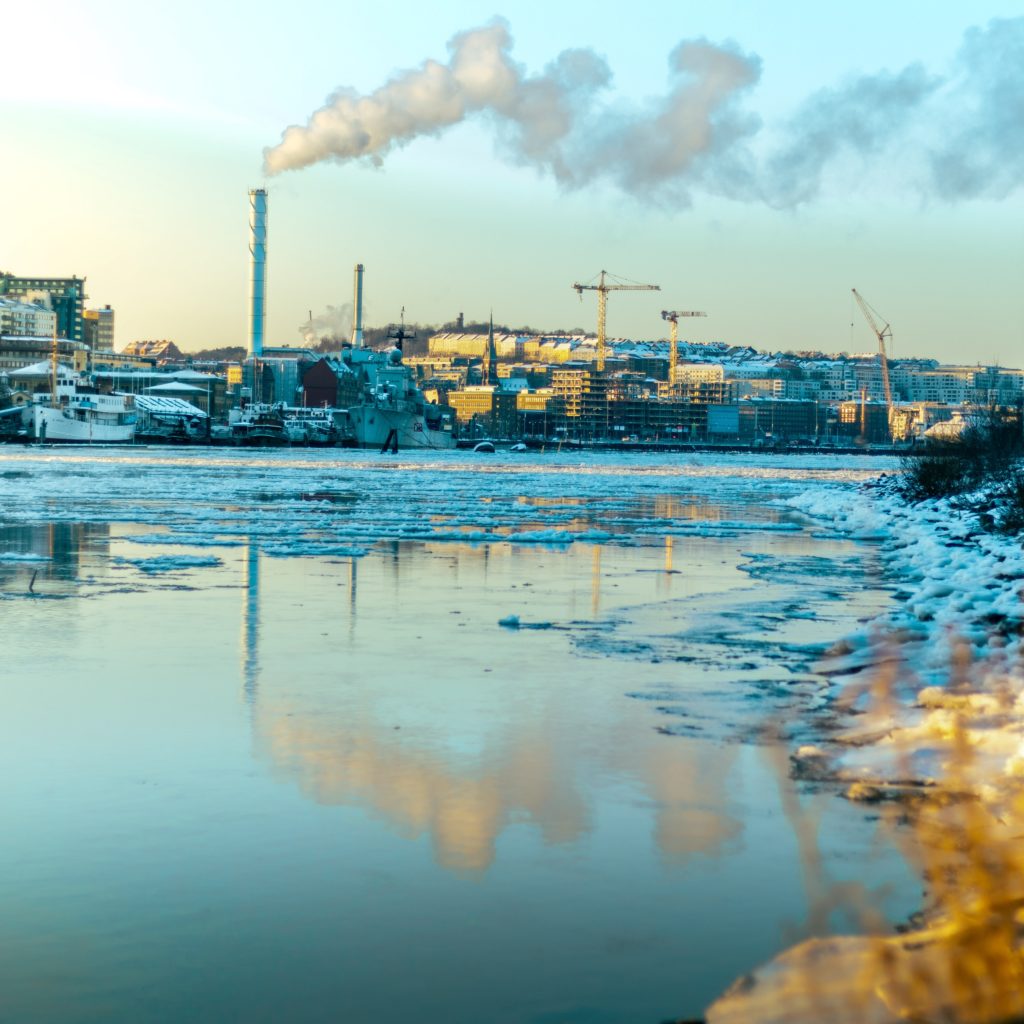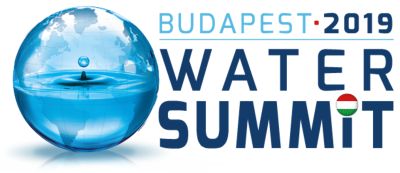Water Policy Group will contribute to ensuring the availability and sustainable management of water and sanitation for all (Sustainable Development Goal 6) and support the newly launched Global Acceleration Framework for SDG 6 by issuing a regular Water Policy Report. The report will provide insight into the key issues and constraints facing governments in SDG 6 implementation.
The announcement of the Water Policy Report follows the Group’s call for governments to step up their efforts on SDG 6. The report will be drawn from surveying the views of many people in water policy leadership roles in a wide range of countries in all regions and climate zones and in different stages of economic development. By drawing on a very wide range of perspectives and policy experience from around the world, the report is intended to provide deep insight into the key enablers of and constraints to progress in achieving sustainable water and sanitation for all.
Many countries are not on track to achieve the water and sanitation goal by 2030, yet doing so is a necessary precondition to achieving all other sustainable development objectives, including health, food, clean energy, economic development, decent work, and environmental protection. For this reason, accelerated action on water and sanitation is imperative.
Water Policy Group applauds today’s launch of the Global Acceleration Framework by Secretary General of United Nations, António Guterres, and the collective work and will of 32 agencies of the United Nations and many partner institutions in preparing this through UN-Water. Through the Framework, United Nations agencies will assist governments with five ‘accelerators’: financing, data and information, capacity development, innovation and governance.
The Water Policy Report will cover all these topics, helping governments place the issues they are dealing with in a broader global context and supporting the Global Acceleration Framework. The survey component will be undertaken in collaboration with the University of New South Wales Global Water Institute.
Water Policy Group
9 July 2020
Enquiries: info@waterpolicygroup.com


 Water Policy Group members are pleased to announce that Mr Ravi Narayanan of India has joined the Group as its tenth member.
Water Policy Group members are pleased to announce that Mr Ravi Narayanan of India has joined the Group as its tenth member. Water Policy Group members are pleased to announce that Ms Mercedes Castro Garcia has joined the Group as its ninth member.
Water Policy Group members are pleased to announce that Ms Mercedes Castro Garcia has joined the Group as its ninth member.

